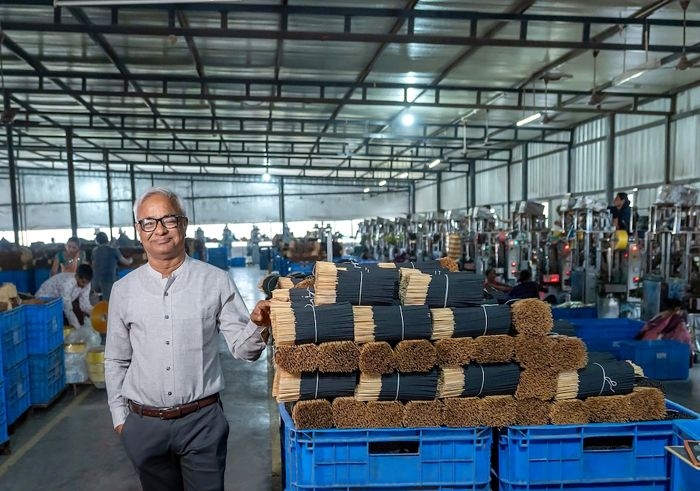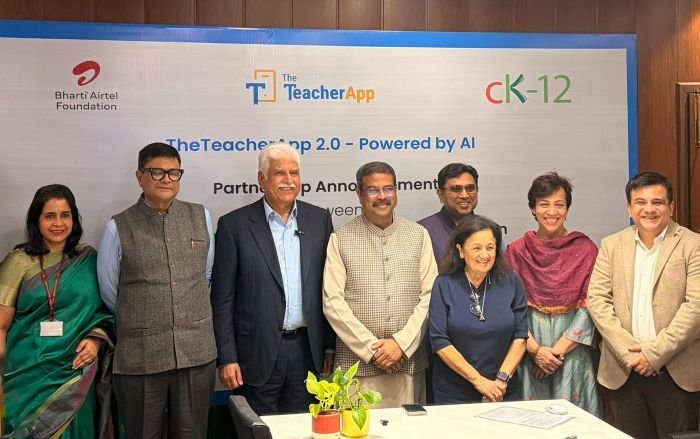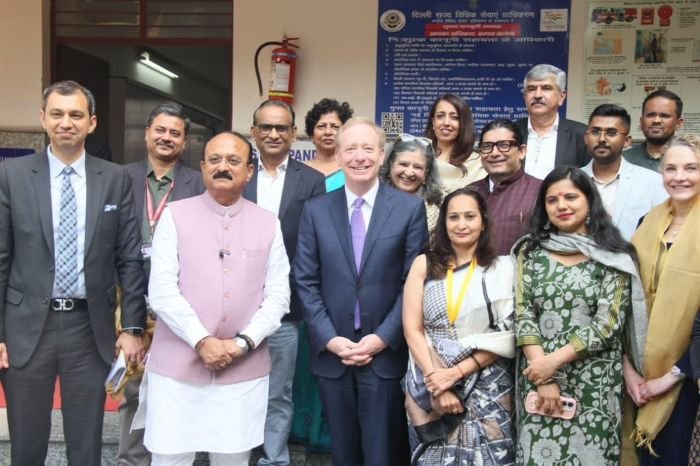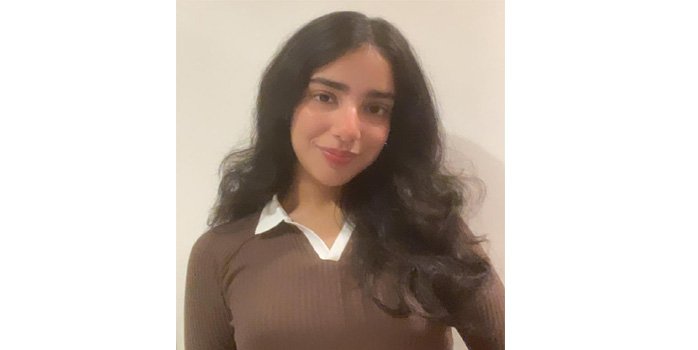
Zed Black, the incense brand endorsed by cricket legend MS Dhoni, has been spotlighted as a case study at Harvard Business School. Its parent company, Mysore Deep Perfumery House (MDPH), is on its way to transform from a modest garage setup in Indore into a ₹1,000 crore fragrance powerhouse by 2027, making it one of the first from Indore and the Indian agarbatti sector to gain such recognition.
Authored by Prof. Tulsi Jayakumar of SP Jain Institute of Management & Research, the case is now being taught in classrooms across the globe, offering a rare window into how a family-led Indian company scaled from a small incense unit to a fragrance powerhouse.
Founded in a garage in Indore in the early 1990s by Shri Prakash Agarwal, MDPH has grown into one of the world’s top incense exporters. Operating across 9.4 lakh sq. ft. of manufacturing space, it produces 3.5 crore incense sticks and sells around 15 lakh packs of Zed Black Incense Sticks daily and employs over 4,000 people—80% of whom are women. With exports to over 45 countries, MDPH’s flagship brands include Zed Black Agarbatti, Manthan Dhoop, Orva (lifestyle & aromatherapy), and Samarpan (prayer essentials).
India is the world’s largest producer and consumer of agarbatti, where fragrance is central to religious rituals and wellness routines. In this evolving market, Zed Black has played a key role in redefining tradition through innovation—whether by introducing charcoal-free bamboo-less agarbattis, premium dhoop sticks, or launching luxury perfumery through its D2C platform Orva.
“This Harvard case is more than a milestone—it’s a celebration of Indian entrepreneurship rooted in values and powered by vision. Our journey from incense sticks to essential oils, from bamboo-less innovation to luxury perfumery, reflects a mindset shift: we are not just a product brand—we’re a ritual partner. With a presence in over 45 countries and a diverse fragrance portfolio tailored to global sensibilities, we’re proud to take India’s aromatic legacy to international shelves. From the Middle East to Latin America, Zed Black is helping the world discover the emotion behind every Indian scent”, shared Ankit Agrawal, Director, MDPH & Zed Black
The recognition on the Harvard platform is believed to be one of the first from both Indore and the Indian agarbatti sector, with the case already included in the curriculum at institutions like the Fashion Institute of Technology (FIT), New York. As global business schools seek real-world examples of family-led, values-driven growth, MDPH’s story is garnering wider academic attention.
“What’s kept us going for over three decades isn’t just the business of incense—it’s the intention behind every stick we roll. The intention to build with integrity, to stay consistent even when it was hard, and to always lead with honesty, empathy, and discipline. From a garage in Indore to households across the globe and over 3,000 women empowered along the way, this journey proves that when Indian values meet global ambition, the outcome is not just success, it’s significance. Our digital backbone ensures we remain agile as we expand across geographies and product categories. As we aim for ₹1,000 crore turnover by FY27, our focus is on building a future-ready, tech-driven FMCG powerhouse”, shared Anshul Agrawal, Director – Operations & HR, MDPH
While MDPH remains rooted in prayer traditions, its future-focused approach has included automation, packaging innovations (like resealable zipper packs), and category expansion into wellness and lifestyle products. While India remains the world’s largest incense consumer, MDPH has gone beyond traditional formats, tapping into modern wellness rituals with offerings like essential oils, reed diffusers, and Eau de Parfum. With their premium D2C offerings under Orva, including La Riva Eau de Parfum, the brand has entered the lifestyle and personal fragrance category that sees fragrance as both spiritual and personal.
“The MDPH case is a powerful example of how a traditional, family-run business in India can evolve strategically while staying grounded in its core values. It presents rich opportunities for students to analyze market structures, identify competitive moats, and evaluate growth choices. More importantly, it highlights the often-overlooked intersection of family dynamics and business decision-making”, shared Prof. Tulsi Jayakumar, Executive Director, Centre for Family Business & Entrepreneurship, SPJIMR who has authored the case study.
(It may be mentioned that Prof. Tulsi Jayakumar is a globally recognised authority on the case pedagogy used in B schools, teaching and writing through cases. Her cases are Bestsellers on Case repositories such as Harvard and Ivey, and are used by more than 50 + Ivy League schools.)








